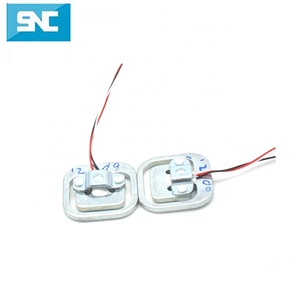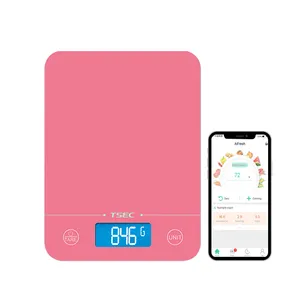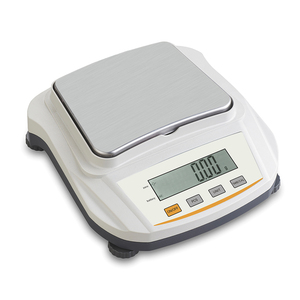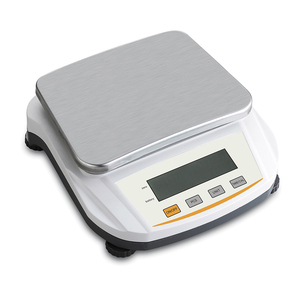Comprehensive Overview: Weighing Scale for Vegetables
The weighing scale for vegetables is an essential tool for both small-scale farmers and large agricultural operations. Designed for accuracy and efficiency, these scales enable users to measure the weight of various vegetables, ensuring precise quantification for market sales, inventory management, or personal consumption. With advancements in technology, modern weighing scales offer user-friendly interfaces and improved functionalities to meet the diverse needs of agricultural stakeholders.
Types of Weighing Scale for Vegetables
When choosing a weighing scale for vegetables, it's crucial to consider the different types available in the market. Here are four common types:
- Mechanical Scales: Simple and robust, these scales do not require a power source and offer basic weight measurements.
- Digital Scales: Equipped with electronic features, digital scales provide quick and precise readings, often with added functionalities like tare and hold.
- Bench Scales: These scales are perfect for commercial use and can handle a higher weight capacity, making them ideal for weighing bulk vegetables.
- Hanging Scales: Useful for farmers and markets, these portable scales allow you to weigh vegetables by suspending them, providing convenience in various settings.
Functions and Features of Weighing Scale for Vegetables
The functionalities and features of a weighing scale for vegetables can significantly impact user experience and efficiency. Key features to consider include:
- High Precision: Advanced load cells ensure accurate weight readings, minimizing discrepancies that could affect pricing and inventory.
- Taring Function: This allows users to zero out the weight of containers or packaging, ensuring only the weight of the vegetables is measured.
- Display Features: Large, easy-to-read displays enhance usability, allowing users to read weights from a distance or in varying lighting conditions.
- Portability: Many scales are designed for easy transportation, making them convenient for use on farms, markets, or grocery stores.
- Durability: Designed to withstand rigorous use, they often come with features like waterproofing or anti-corrosive materials.
Applications of Weighing Scale for Vegetables
The weighing scale for vegetables finds applications across various sectors:
- Agriculture: Farmers use these scales to measure produce for market sales, ensuring fair pricing and proper inventory management.
- Retail: Grocery stores and farmer's markets utilize these scales to provide customers with precise weight measurements for fresh produce.
- Food Processing: During the processing and packaging of vegetables, accurate weight measurement is vital for compliance and quality assurance.
- Research: In agricultural studies, precise measurement is essential, using scales to gather data on crop yields and productivity.
Advantages of Using a Weighing Scale for Vegetables
Utilizing a weighing scale for vegetables comes with a host of advantages:
- Accurate Measurements: Ensures that pricing and inventory decisions are based on precise weights, eliminating potential losses.
- Increased Efficiency: Streamline operations, allowing farmers and retailers to quickly and accurately measure large quantities of produce.
- Cost-Effective: Investing in a reliable weighing scale can lead to improved profit margins through better resource management.
- Regulatory Compliance: Many industries require accurate weight measurements for legal standards; using these scales helps meet those requirements.
- Enhanced Customer Satisfaction: Customers appreciate clarity and transparency in pricing, which scales directly facilitate through accurate weight readings.

































































































































































































































